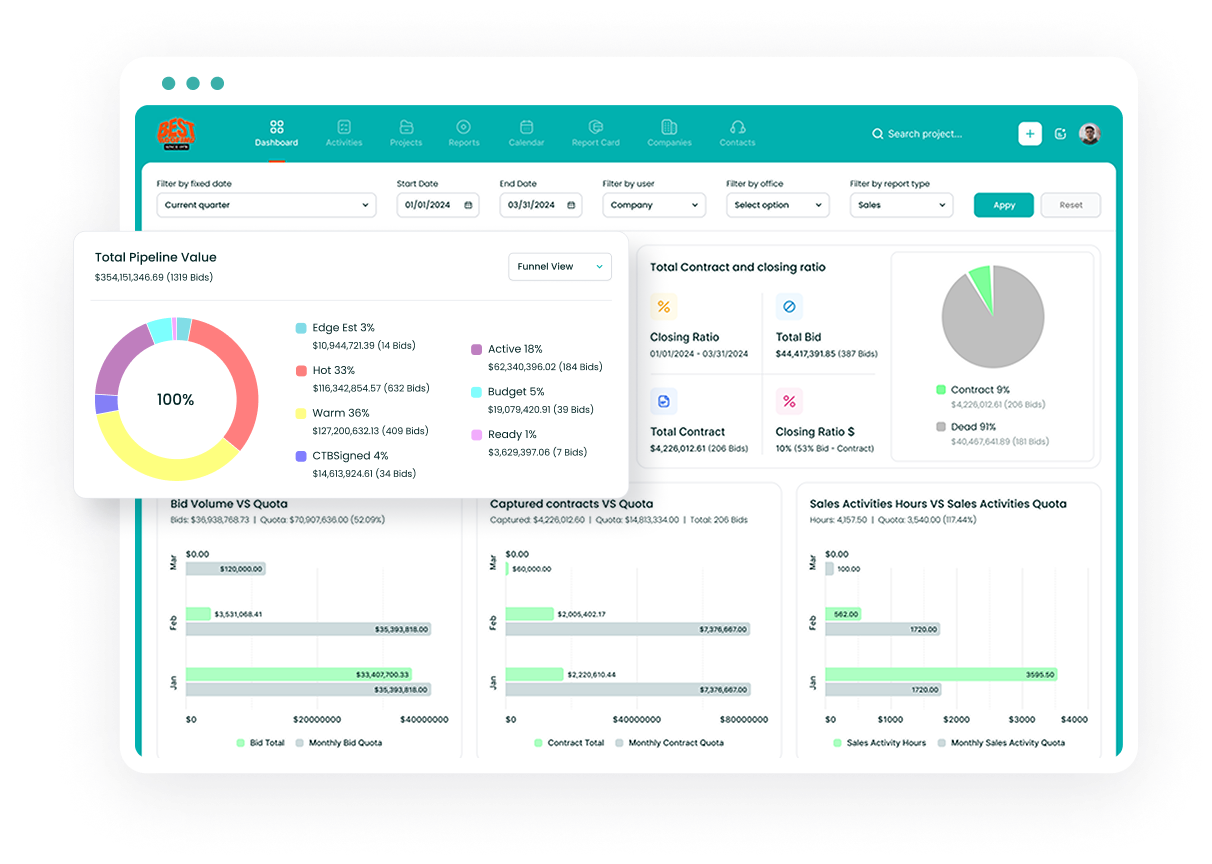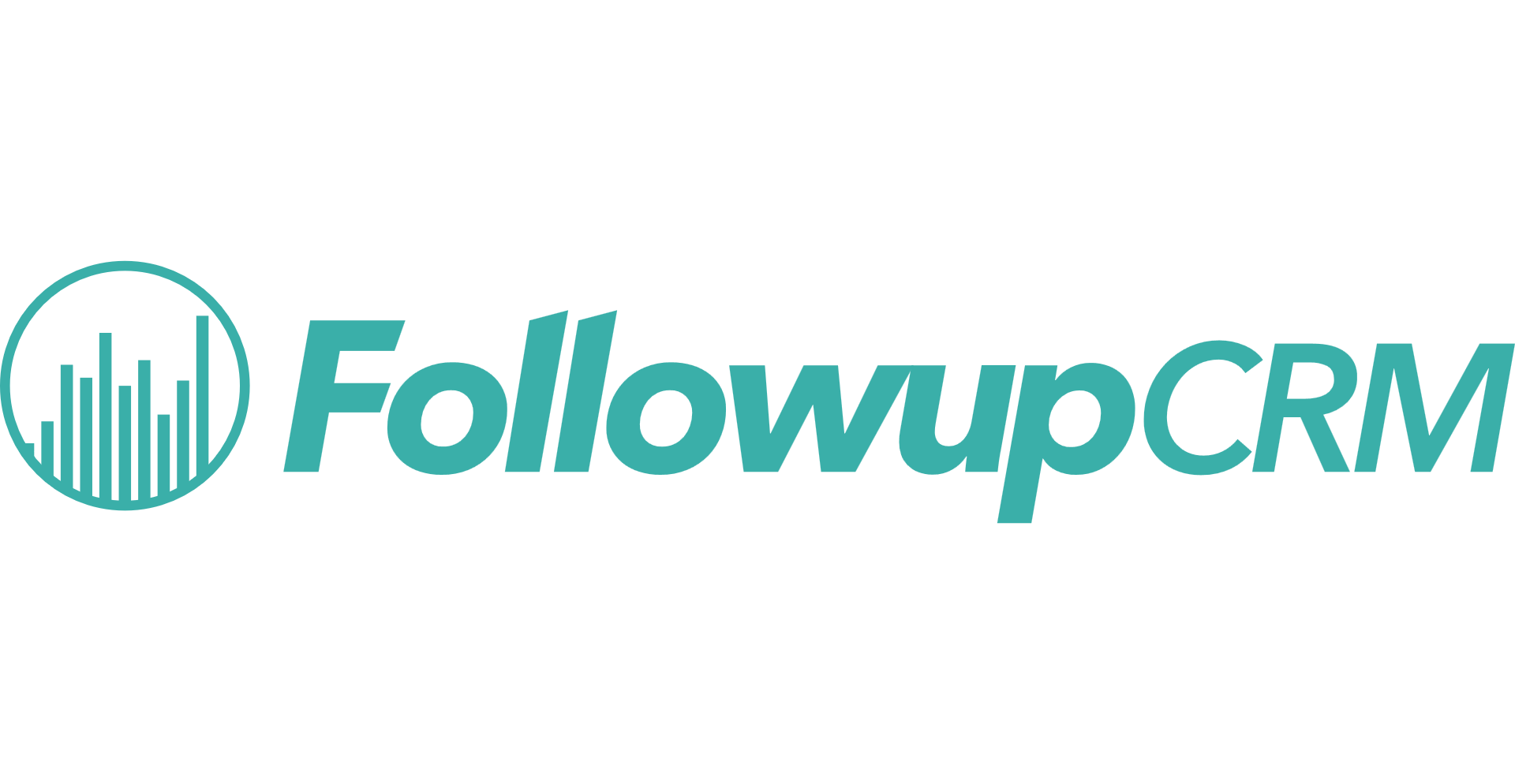How to Use Sage 100 Accounting Software
Your business is bogged down by manual entry errors and inefficient processes, and traditional accounting software isn’t solving your growing challenges. If you’re frustrated by outdated systems, cumbersome record corrections, and the inability to make informed business decisions, Sage 100 accounting software offers a powerful, all-in-one solution that can transform your financial operations and management processes. This comprehensive guide will walk you through how to use Sage 100 accounting software, highlighting its extensive functionality from managing bank statements and bank accounts to unlocking valuable business insights via its innovative dashboards.
What is Sage 100 Software
Sage 100 stands as a comprehensive enterprise resource planning (ERP) solution crafted specifically for medium-sized businesses across various industries. This powerful software combines essential accounting functions with advanced business management capabilities to create a unified platform for modern organizations. The system adapts to diverse business needs, from retail operations to manufacturing processes, while maintaining its user-friendly interface.
Business owners and managers often struggle with outdated accounting methods that lead to costly errors and inefficient workflows. Sage 100 addresses these common pain points by automating critical financial processes and providing real-time visibility into business performance. The software's intuitive dashboard design makes it accessible for teams of all skill levels, while its robust reporting capabilities support data-driven decision-making.
Through its extensive module system, Sage 100 delivers specialized solutions for different aspects of business operations. These modules work together seamlessly to create a cohesive experience that eliminates data silos and reduces manual entry requirements. The platform's ability to scale alongside business growth ensures long-term value for organizations investing in their digital transformation.
Core Financial Features
The financial capabilities within Sage 100 transform complex accounting tasks into streamlined processes. Users gain access to sophisticated tools for managing accounts payable, receivable, and general ledger entries. The software maintains detailed audit trails and supports multi-currency transactions, making it suitable for businesses with international operations.
Bank reconciliation becomes notably more efficient with automated matching capabilities and real-time banking integrations. The system tracks all financial movements across multiple accounts while maintaining accurate records of each transaction. Regular updates ensure compliance with current accounting standards and tax regulations.
These essential financial tools work in harmony with Sage 100's reporting functions to generate accurate financial statements and forecasts. Business leaders receive clear insights into their organization's financial health through customizable reports and analytics dashboards. The platform supports collaborative financial planning by allowing multiple users to access and work with financial data simultaneously.
Inventory and Manufacturing Control
Manufacturing businesses require precise control over their inventory and production processes. Sage 100 provides comprehensive inventory tracking capabilities that help maintain optimal stock levels while reducing carrying costs. The system automatically updates inventory counts as materials move through the production process.
Production managers can monitor manufacturing workflows in real-time, identifying bottlenecks and optimizing resource allocation. The software captures detailed production data, enabling teams to analyze efficiency metrics and make informed improvements to their processes. Quality control measures are integrated throughout the manufacturing cycle, ensuring consistent product standards.
Warehouse management becomes more efficient through automated reorder points and detailed location tracking. The system helps prevent stockouts while minimizing excess inventory through intelligent forecasting algorithms. Regular inventory valuations and cost tracking provide accurate insights into the true cost of goods sold.
Document Management Excellence
Modern businesses generate substantial amounts of documentation that require secure storage and easy accessibility. Sage 100's document management capabilities create a paperless environment that reduces storage costs while improving document retrieval speed. The system maintains strict security protocols to protect sensitive information.
Digital document workflows eliminate manual handling and reduce the risk of lost paperwork. Teams can quickly locate and share documents through the centralized system, improving collaboration across departments. The platform supports electronic signatures and maintains detailed audit trails for all document activities.
Automated document routing ensures that approval processes move smoothly without manual intervention. The system can automatically distribute reports, invoices, and other critical documents to designated recipients. Built-in version control prevents confusion and maintains document integrity throughout its lifecycle.
Document management capabilities extend to:
- Secure document storage and retrieval
- Automated workflow routing
- Electronic form processing
- Digital signature integration
- Comprehensive audit tracking
Advanced Reporting Capabilities
Sage 100 transforms raw data into actionable business intelligence through its sophisticated reporting tools. Users can generate detailed financial and operational reports that provide deep insights into business performance. The system offers both standard and customizable reporting options to meet specific business requirements.
Real-time reporting capabilities enable managers to make informed decisions based on current data. The software includes drill-down functionality that allows users to explore the details behind summary figures. Interactive dashboards present key performance indicators in easily digestible formats.
Report automation saves time by scheduling regular report generation and distribution. The system maintains historical reporting data, enabling trend analysis and performance comparisons over time. Integration with external business intelligence tools expands analytical capabilities even further.
Business Process Integration
Sage 100 creates seamless connections between different business functions, eliminating operational silos. The software integrates with customer relationship management systems, enabling better customer service and sales tracking. Data flows automatically between modules, reducing manual entry requirements and improving accuracy.
Third-party application integration expands the software's capabilities to meet specialized business needs. The platform's open architecture supports custom development and modifications to align with unique business processes. Regular updates ensure compatibility with new technologies and business requirements.
Integration capabilities extend beyond internal systems to include external partners and services. Electronic data interchange (EDI) functionality streamlines communication with suppliers and customers. The system supports modern API connections for real-time data exchange with other business applications.
Mobile Access and Remote Work
Sage 100's mobile capabilities transform how teams interact with business data while working remotely. The mobile interface provides secure access to critical business functions through smartphones and tablets, enabling professionals to stay productive regardless of their location. Remote teams maintain seamless communication and workflow management through the platform's collaborative features.
Mobile users receive real-time notifications about important business events and pending approvals. The system synchronizes data automatically across all devices, ensuring that decision-makers always work with current information. Security protocols protect sensitive data during mobile access while maintaining compliance with industry standards.
Cloud-based accessibility removes geographical barriers and supports global operations. Teams can coordinate activities across different time zones without compromising data integrity or system performance. The mobile platform adapts to various screen sizes and operating systems, providing a consistent user experience.
Customer Service Enhancement
Modern customer service demands quick access to comprehensive client information. Sage 100's customer service tools centralize customer data, interaction history, and transaction records in an easily accessible format. Service representatives can quickly resolve customer inquiries by having immediate access to relevant information.
The platform tracks customer preferences and purchase patterns to enable personalized service experiences. Support teams can set up automated responses for common inquiries while maintaining detailed records of all customer interactions. This systematic approach helps build stronger customer relationships through consistent and informed service delivery.
Customer feedback integration allows businesses to continuously improve their service quality. The system collects and analyzes customer satisfaction data to identify areas for improvement. Regular performance metrics help service teams adjust their strategies to meet evolving customer needs.
Service teams benefit from these essential customer management tools:
- Comprehensive customer history tracking
- Automated response management
- Service level agreement monitoring
- Customer satisfaction analytics
- Personalized communication templates
Data Security Protocols
Data protection remains a critical priority for modern businesses managing sensitive information. Sage 100 implements multiple layers of security measures to protect business data from unauthorized access and potential threats. Regular security updates maintain system integrity against emerging cybersecurity challenges.
Role-based access control ensures that users can only access information relevant to their responsibilities. The system maintains detailed logs of all data access and modifications, creating a clear audit trail for security compliance. Encryption protocols protect data both during storage and transmission.
Advanced authentication methods provide additional security for sensitive operations. The platform supports multi-factor authentication and single sign-on capabilities to balance security with user convenience. Regular automated backups protect against data loss and enable quick recovery when needed.
Performance Analytics Tools
Businesses need precise metrics to evaluate their operational efficiency. The analytics capabilities in Sage 100 provide deep insights into business performance through customizable metrics and reporting tools. Organizations can track key performance indicators across all departments to identify trends and opportunities for improvement.
Performance monitoring extends beyond basic financial metrics to include operational efficiency measures. The system helps identify bottlenecks and inefficiencies through detailed process analysis. Teams can create custom dashboards that highlight their most relevant performance metrics.
Analytics tools support strategic planning by providing predictive insights based on historical data. Decision-makers can model different scenarios to evaluate potential outcomes before implementing changes. The system maintains historical performance data for long-term trend analysis and forecasting.
These essential steps create effective performance monitoring:
- Define specific performance metrics aligned with business goals.
- Configure automated data collection processes for consistent measurement.
- Establish regular reporting schedules to track progress effectively.
- Implement performance benchmarks for objective evaluation.
- Create action plans based on analytical insights.
Transform Your Business Operations Now
The comprehensive capabilities of Sage 100 provide the tools needed to modernize business operations and drive sustainable growth. From advanced financial management to sophisticated analytics, the platform delivers practical solutions for common business challenges. Organizations gain the ability to make data-driven decisions while maintaining operational efficiency.
Small and medium-sized businesses particularly benefit from the streamlined processes and automated workflows available through Sage 100. The software reduces manual workload while improving accuracy across all business functions. Teams can focus on strategic initiatives rather than routine administrative tasks.
The practical advantages of implementing Sage 100 extend throughout the organization. Financial teams gain better control over cash flow and reporting, while operational teams benefit from improved process efficiency. Customer service improves through better access to information and automated response capabilities.
Consider reaching out to a Sage 100 specialist to discuss specific implementation strategies for your business. Professional guidance ensures optimal configuration and utilization of the software's capabilities. Your organization can begin experiencing the benefits of modern business management software with proper planning and support.
The CRM Built For Construction Companies
No more disorganized data. Track your leads, bids, and customers all in one place.
Seamless Integration with:
✅ Foundation ✅ Viewpoint ✅ Sage and more

Request a Live Demo Now
Learn more about how Followup CRM can help your construction company grow.





-Jan-28-2025-08-11-21-0166-PM.webp)

-Nov-13-2024-08-37-23-7302-PM.webp)
-4.webp)